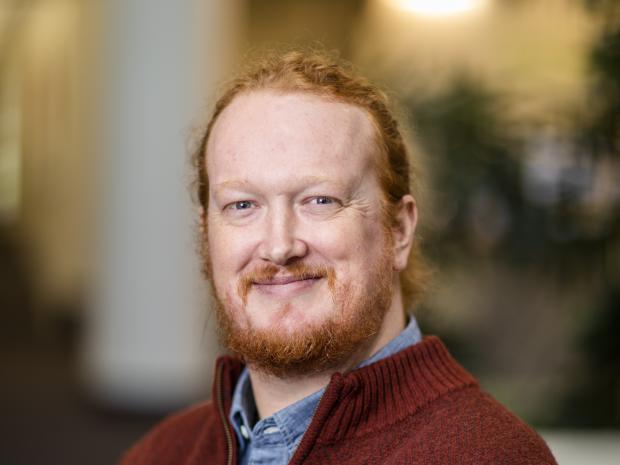Engineering the Electrochemically Driven Capture and Conversion of Atmospheric CO2

Speaker
Wilson A. Smith
Senior Scientist, National Renewable Energy Lab
Professor of Chemical Engineering, University of Colorado - Boulder
Abstract
The imperative to reduce carbon dioxide (CO2) emissions and mitigate their impact on the environment has never been more pressing. The energy transition from fossil fuels to renewable energy resources requires large scale industrial decarbonization, which emphasizes the necessity of both halting the continued release of CO2 into the atmosphere and actively removing existing atmospheric CO2. Electrochemistry offers the unique ability to power both of these processes with renewable electricity, which can ensure a low carbon infrastructure for future technological development. The enormous scale of our current energy infrastructure requires that electrochemical technologies perform selective and efficient chemical conversions at a physical scale that has never been realized. Our group focuses on understanding fundamental mechanisms for electrocatalytic reactions, translating these insights to larger devices, and assessing the technical and economic integration of these systems to a global scale. In this talk I will discuss how our group bridges fundamental and applied aspects of electrochemistry to accelerate the understanding and development of carbon capture and conversion technologies.
Bio
Wilson Smith is a Professor of Chemical Engineering at CU Boulder, and a Senior Research Scientist and Distinguished Member of the Research Staff (DMRS) in the Chemistry and Nanoscience Center at the National Renewable Energy Laboratory (NREL). Prior to these appointments, he was an Assistant and Associate Professor of Chemical Engineering at the Delft University of Technology in the Netherlands. He earned his Bachelors degree in Physics from American University in 2005, and his PhD in Physics from the University of Georgia in 2010, followed by a postdoctoral research appointment at the Université Pierre et Marie Curie in Paris, France. Wilson’s research is focused on materials and systems for electrochemical technologies including water splitting, CO2 capture and conversion. His group places particular emphasis on using in situ/operando characterization techniques (spectroelectrochemistry and atomic force microscopy) and computational modeling, while also having significant efforts in reactor engineering, process intensification and process/system integration. By tying together fundamental and applied aspects of electrochemistry, their aim is to accelerate the technological development of renewable energy powered systems to decarbonize the chemical industry and permanently remove atmospheric CO2.

